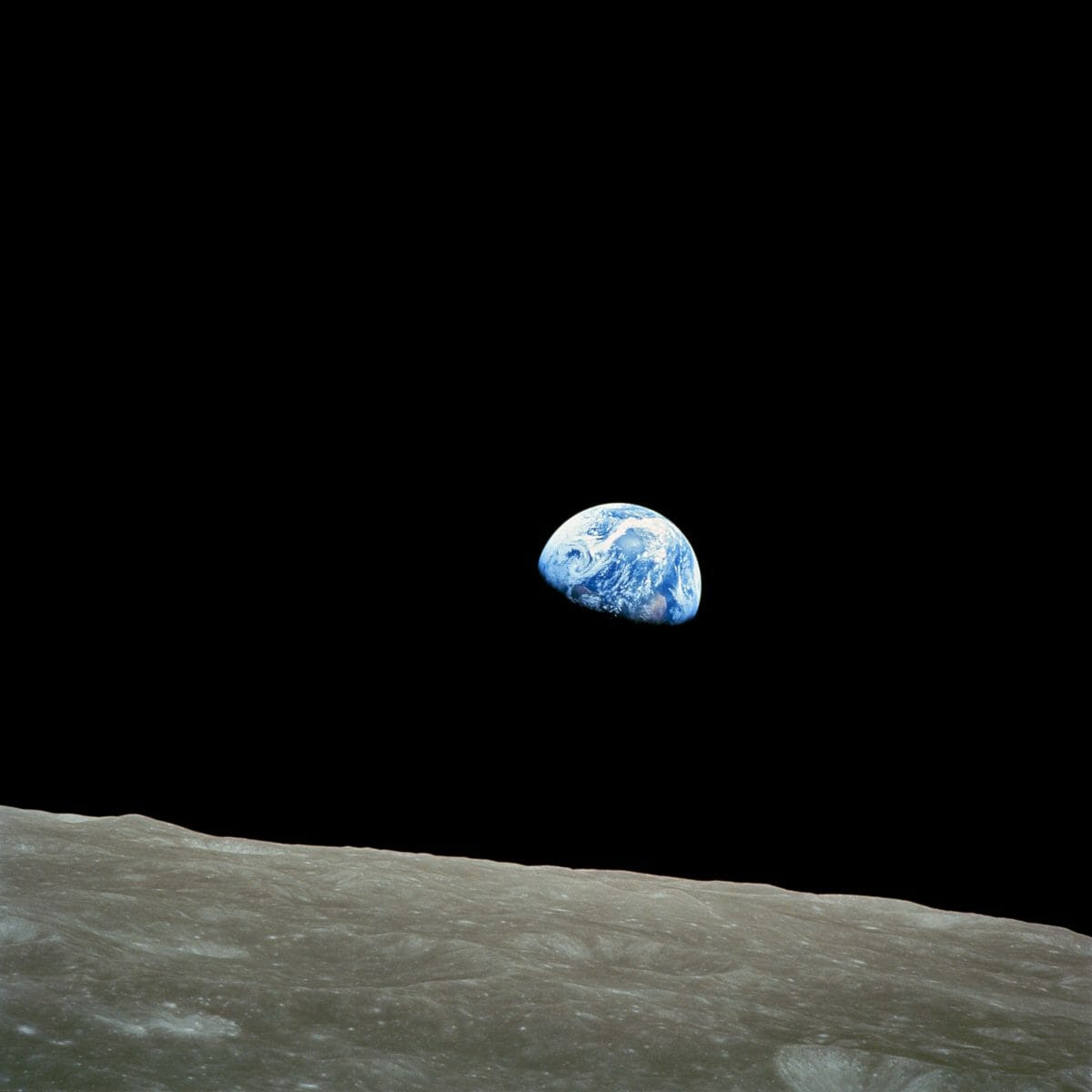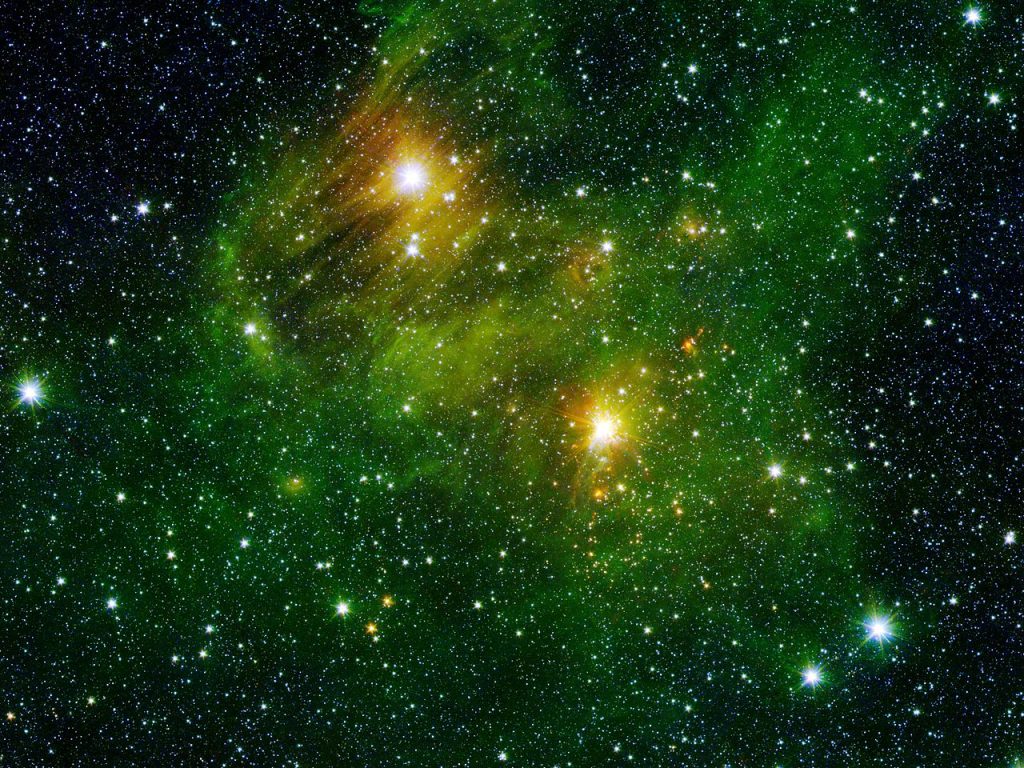
With any frontier comes an environment of lawlessness. Whether it was the discovery of the New World in 1492 or the American West, extralegal practices gradually gave way to systems of law and order. Outer space, the final frontier, is no different. There hasn’t been a precedent for human activity in space until recently.
But as private companies join nations as space-going entities, Elon Musk foretells of a human colony on Mars, and David Cameron lays plans to mine asteroids, the need for space law has become more and more pressing.
That’s why this summer, Cleveland-Marshall School of Law (CMSL) will offer an online course all about legal matters in space. “Space Law: A Global View,” will go over the basics of human rules governing the astral plane, its history, and how it applies to private and government ventures in space.
Beyond the Basics of Space Law
According to CMSL’s site, “Students attending the course will receive a broad education in space law starting with the overarching international treaties that govern the activities of nations in space and ending with the domestic regulations of individual countries that play a major role in shaping the success of highly innovative new space companies. Other issues that will be covered include the use of force in space, liability for damage caused by space objects, questions of jurisdiction, the rescue and return of astronauts, remote sensing, property rights, asteroid mining, the allotment of orbital slots, export controls on space technology, financing space ventures, and contracting practices.”

Taught by Global Space Law Center Director Professor Mark Sundahl, it begins on the 21st of May. Besides Sundahl’s instruction, the course will also include a variety of guest lectures. The final exam can be taken on the 11th or 12th of July.
The course will be taught purely online via Cleveland Marshall’s Blackboard learning management system.
This course is ‘open’: though it is designed for law students, anyone can enroll provided they pay the not-so-open price of admission ($3214.50 for Ohio residents, $4393.80 for everyone else).
The Unique Qualities of the Subject Matter
While countries have grappled with how to deal with newly traversed territory before, like bodies of water or Antarctica, space is different. There are no boundaries to define and numerous unique considerations to keep in mind.
Still, the legal matters of space date back to shortly after the first devices achieved lower earth orbit. According to Elizabeth Howell at Space.com, “In the year after the Soviet Union launched Sputnik in 1957, the United Nations General Assembly created an ad hoc Committee on the Peaceful Uses of Outer Space (COPUOUS). In 1960, the International Institute of Space Law, a nongovernmental organization, was created to promote international cooperation in the space law-making process.”
Today COPOUS includes 77 different countries and has implemented five treaties and five principals that dictate space law. Of these, the aptly named “Outer Space Treaty” has the broadest scope. Ratified in 1967, the treaty mandates that outer space is an area in which all countries are free to explore and travel. In other words, no one can own the Moon. It also banned nuclear weapons in space and stipulated that any nation’s governing body is responsible for any damage their citizens cause in space, regardless of whether or not they’re a government space program.
Besides the burgeoning opportunities for lawyers to specialize in a new subject, the topic also has the undeniable ability to push the genre of television courtroom drama. One YouTuber has already imagined such a possibility.









No Comments